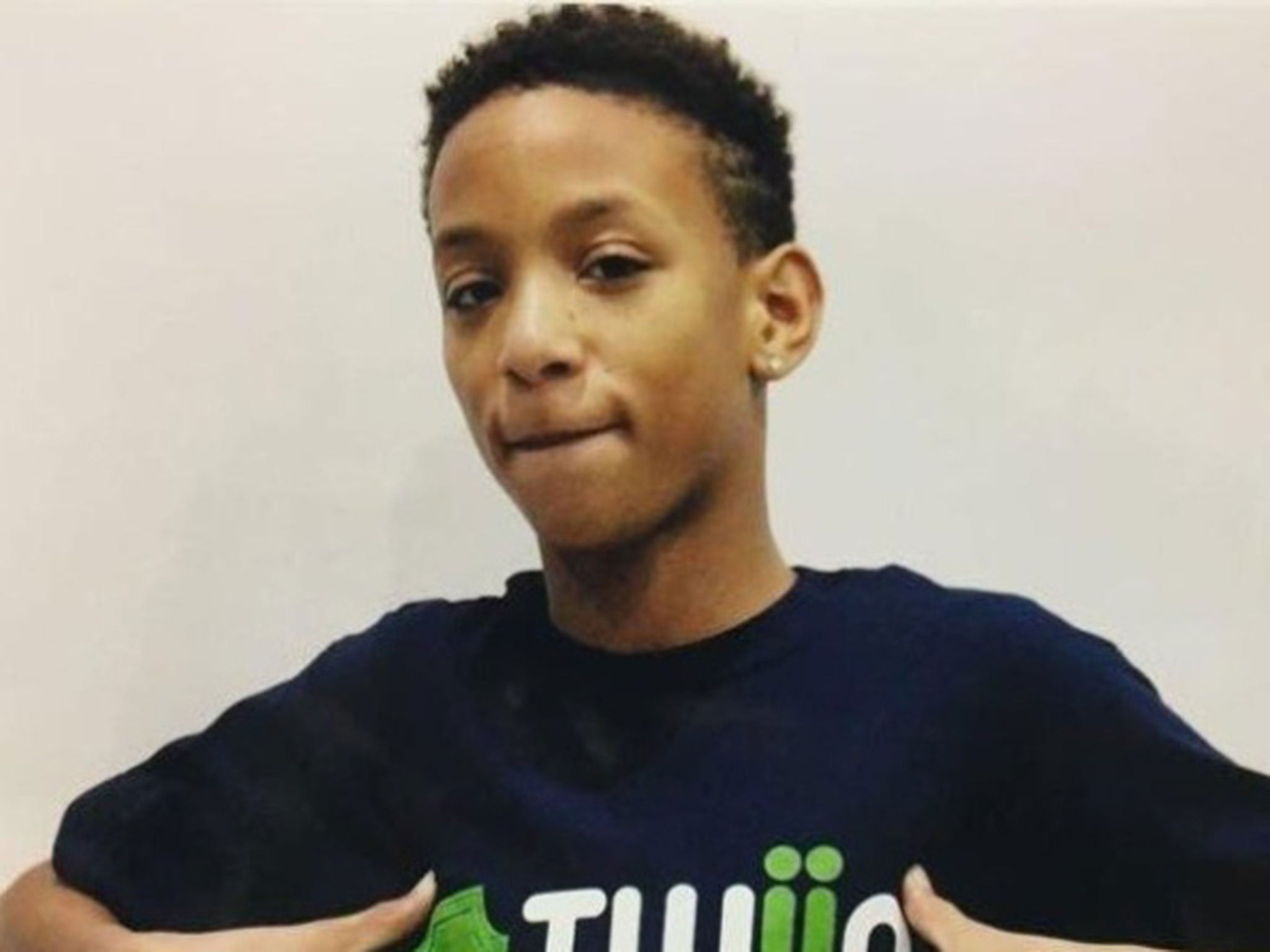Grooming gang failures being repeated for 34,000 children at risk from criminals, government warned
Report estimates that 27,000 children identify as gang members in England
The failings that let grooming gangs sexually abuse girls for decades are being repeated for tens of thousands of children being exploited by criminal networks, the children’s commissioner has warned.
A new report estimated that at least 27,000 under-18s in England identified as gang members, and that 34,000 children linked to gangs had been the victims of violent crime in the past year.
But the children’s commissioner said that less than one in four child gang members and associates were being supported by authorities, with only 6,500 known to specialist services.
A further 313,000 children know a gang member and the report warned that younger children and girls are being increasingly targeted by recruiters because they are less likely to attract police attention.
Anne Longfield, the children’s commissioner for England, said “complex and ruthless” criminal organisations were grooming children and then controlling them with “chilling levels of violence”.
“At the moment it is too easy for them to succeed,” she added. “Thousands of children in towns and cities across England are at risk.”
Ms Longfield expressed concern that mistakes that caused failures to prevent sexual grooming activity across the UK are now being repeated in the context of criminal gang activity.
She compared the situation to child sexual exploitation before the Rotherham scandal brought the abuse into national consciousness.
“Many local areas are not facing up to the scale of the problem, they are not taking notice of the risk factors in front of them, and they are not listening to parents and communities who ask for help,” Ms Longfield said.
“The government and local areas need to face up to the scale of this challenge, and ensure the priority and resources are allocated to helping these children, because it is clear to me that we are not doing enough to protect them from harm.”
Ms Longfield said she was “shocked” to discover that the majority of local safeguarding children boards in high-risk areas had no information on the number of children in gangs
The warning came after a charity found that children as young as 12 were being drawn into violent “county lines” drug gangs in order to provide for their families.
The children’s commissioner found risk factors included family poverty, domestic violence and abuse, broken homes and substance misuse.
Children affiliated with gangs are 95 per cent more likely to have social, emotional and mental health issues than their peers and twice as likely to be self-harming, the report said.
And when authorities react, for example, by arresting the child or excluding them from school, gangs exploit the opportunity to “to tell the child that they now have no prospects of getting an education or normal job, and their only choice” is crime.

The children’s commissioner said the government and councils had failed to act on a series of warning signs, including rising referrals to children’s services over gang risks, rocketing permanent exclusions from schools and a 20-per-cent rise in under-18s being treated for stab wounds.
The report charted how children are drawn into drug dealing with techniques “very similar to grooming for sexual abuse” including gifts, praise, friendship and protection – before victims are forced in debt bondage by arranged muggings or arrests.
In one case, there was said to have been a “written manual” setting out a timeframe for entrapment.
The document also highlighted the murder of 14-year-old Corey Junior Davis, who was shot dead in a London playground after repeatedly telling his mother, police and social workers he feared for his life.
After an unstable childhood damaged by domestic violence, he had been excluded from school and drawn into a criminal gang that pressured him into selling drugs.
Ms Longfield said authorities were not learning lessons from similar cases, and had not responded to a call from police and children’s services watchdogs to act.
“Tackling gang exploitation needs a paradigm change in thinking, which stops treating these children as criminals responsible for their own situation and instead sets out to protect them,” she added.
Ms Longfield is to host a summit on Thursday bringing together police leaders and local safeguarding boards to discuss prevention work.
She called for the government to make child criminal exploitation a “national priority” and lay out clear expectations for all organisations involved, including the police, schools, children’s services and NHS.
Simon Blackburn, chair of the Local Government Association’s safer and stronger communities board, said: “To help stop young people being criminally exploited or groomed, it is vital that government reverses years of funding cuts to local youth services, youth offending teams and councils’ public health budgets, which needs to be addressed in the spending review.”

A government spokesperson said: “We are committed to protecting vulnerable children by cracking down on the ruthless gangs that seek to exploit them and by offering them the support and skills they need to lead lives free of violence.
“That is why we launched the Serious Violence Strategy, which puts a greater focus on early intervention alongside a tough law enforcement response.
“We have proposed a new statutory duty on partners across education, social services and health to work together to tackle violence as part of a public health approach, and are providing £220m to support children and young people at risk of becoming involved in violence and gangs.
Bookmark popover
Removed from bookmarks